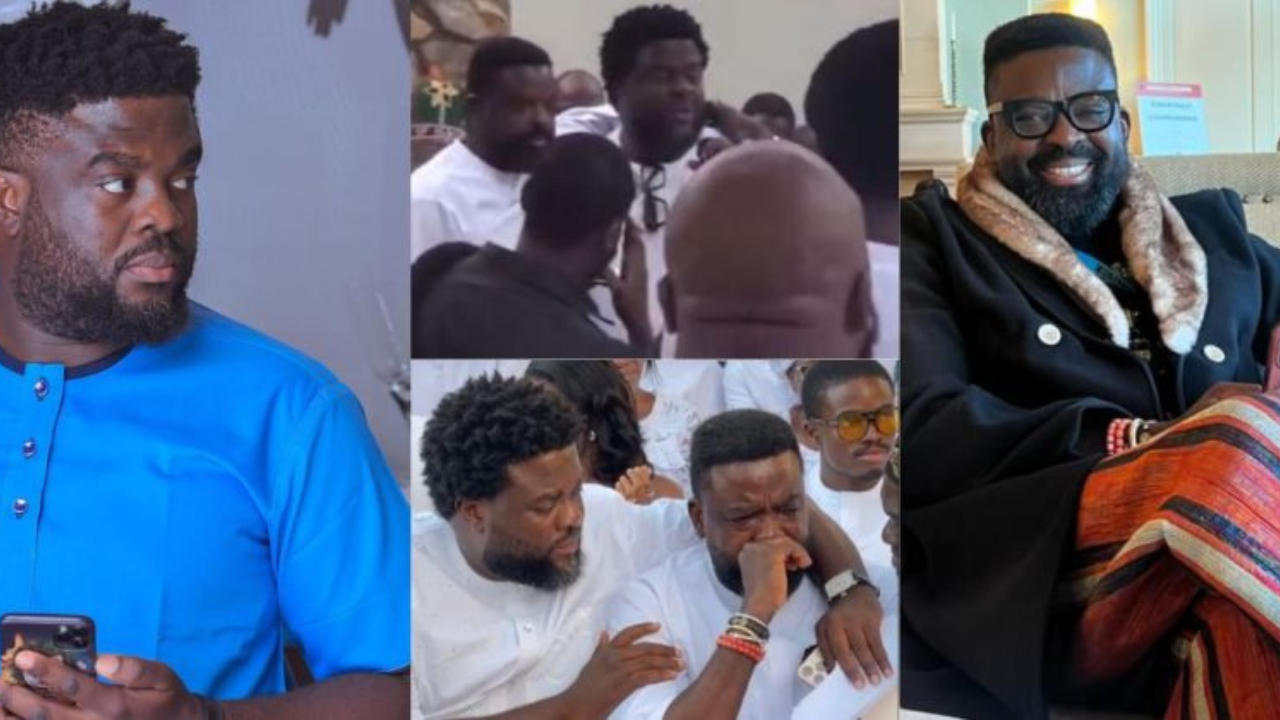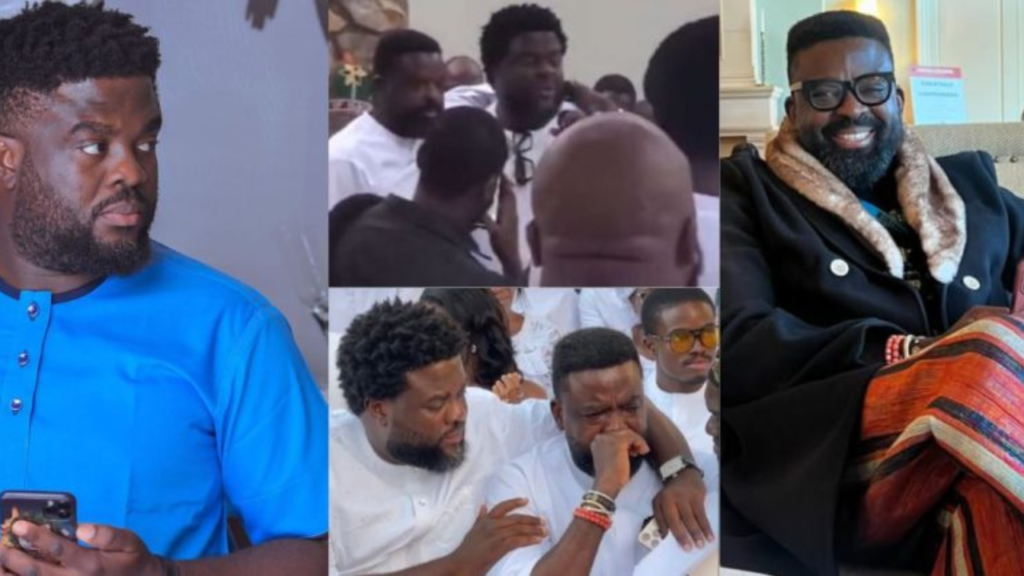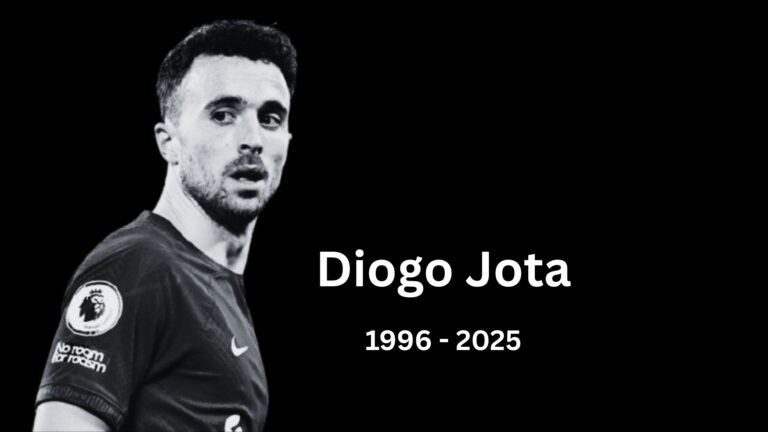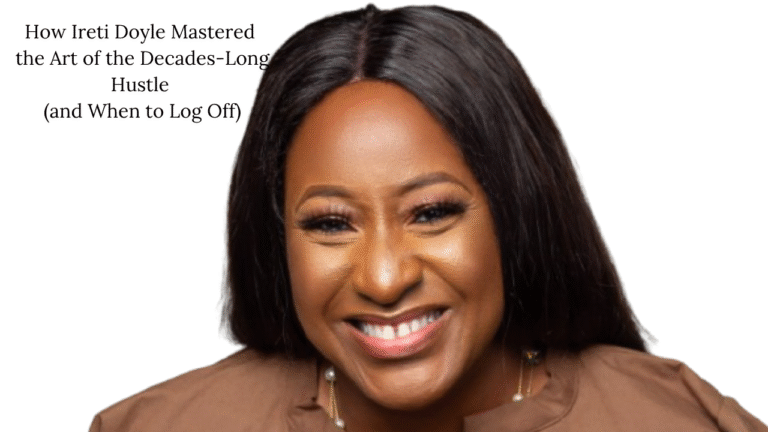
Kunle and Aremu Afolayan
Kunle Afolayan and Aremu Afolayan, two prominent figures in the Nigerian film industry, are known for their talent and contributions to filmmaking. However, behind the scenes, a long-standing feud cast a shadow over their family ties. The brothers, sons of the iconic filmmaker Ade Love, were estranged for years, their disagreements spilling into the public sphere and causing considerable strain. Yet, in a heartwarming turn of events, the brothers publicly reconciled at their mother’s funeral, demonstrating the enduring power of family and forgiveness.
The Roots of Discord
The rift between the Afolayan brothers began to attract public attention in 2018 when Aremu, in an interview, claimed their father had lived in poverty despite his fame. Kunle, in a subsequent interview, expressed his disapproval, calling Aremu’s remarks “stupid”. This public disagreement highlighted underlying tensions and set the stage for further discord.
The situation escalated with Aremu engaging in public outbursts against Kunle and other family members on social media. His comments often targeted Kunle’s lifestyle choices and criticisms, further straining their relationship. This public nature of their feud, amplified by social media, added another layer of complexity to an already sensitive family matter.
A Mother’s Love: Catalyst for Reconciliation
The passing of their mother, Omoladun Afolayan, in November 2024 at the age of 81, proved to be a turning point for the brothers. The wake-keep ceremony, held in Oyo State, became the unlikely setting for their emotional reconciliation. It was during this time of shared grief and remembrance that the brothers chose to put aside their differences and honour their mother’s memory.
In his tribute, Aremu revealed a touching detail: their mother had orchestrated a meeting between him and Kunle before her death. He acknowledged that she had constantly prayed for their reconciliation for over 40 years, referring to himself as the “black sheep” of the family. This revelation underscores the profound influence their mother had on their lives and her unwavering belief in the importance of family unity.
Kunle, too, spoke of his mother’s role in fostering connections within the family. He described her as a pillar of support who always sought to maintain harmony among her children and their loved ones. It’s evident that the brothers, in mourning their mother, were deeply moved by her values and her final wish to see them reconciled.
Forgiveness and Public Apologies

The reconciliation was marked by heartfelt apologies from Aremu. He expressed remorse for his past behaviour, particularly the public criticism and negative attention he had brought upon Kunle. In a moving display of vulnerability, he apologised for the “Instagram backlash” he had caused, acknowledging the hurt he had inflicted on his brother.
The public nature of these apologies is significant. Aremu’s willingness to address his mistakes openly suggests a genuine desire to make amends and repair their fractured relationship. It also highlights the impact of public opinion on their reconciliation. The scrutiny they faced likely contributed to Aremu’s remorse and his decision to seek forgiveness publicly.
Beyond Reconciliation: A Look at Family Dynamics
The Afolayan brothers’ story provides a glimpse into the complexities of family relationships. The ten-year age gap between them contributed to a dynamic where Kunle assumed a more paternal role, often providing guidance and financial support to Aremu. Kunle had even built a house for their mother and included Aremu’s name on the deed, despite Aremu not contributing financially.
These actions demonstrate Kunle’s sense of responsibility towards his younger brother and his deep-rooted family values. While the details of their disagreements remain private, it’s clear that their relationship was shaped by a complex interplay of sibling rivalry, differing personalities, and the dynamics of an extended family.
The Future: A Fragile Peace?
The reconciliation between Kunle and Aremu Afolayan offers a heartwarming narrative of forgiveness and brotherly love. However, it’s important to acknowledge that the path to healing and rebuilding trust takes time and effort. The brothers will need to navigate the complexities of their relationship and address any lingering issues to ensure the longevity of their reconciliation.
Conclusion
The reconciliation of Kunle and Aremu Afolayan serves as a powerful reminder of the importance of family bonds and the potential for forgiveness. Their story highlights the influence of a mother’s unwavering love and the transformative power of shared grief. It also reminds us that even in the face of public scrutiny and personal differences, reconciliation is possible when there is a genuine desire to heal and rebuild relationships.







1 thought on “A Mother’s Final Wish: The Reconciliation of Kunle and Aremu Afolayan”